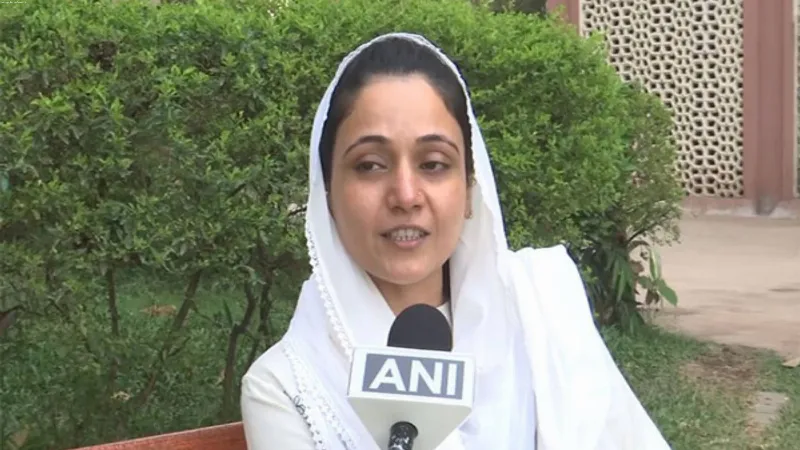Latest News
Indigo to introduce new technology to detect fatigue, alertness among their pilots

New Delhi: Indigo, one of the fastest-growing airlines in the world, is in the process of introducing a wrist gadget to detect the alertness and fatigue level of pilots before and after flights.
The airline, in a press note, said that it has partnered with the French aerospace conglomerate Thales Group as an 'early adopter' of their Fatigue Analysis Tool.
The airline will conduct a proof-of-concept trial for its technology-driven interface to assess pilot alertness levels over the next few months.
"This initiative is to develop a fatigue detection model that offers detailed insights into demographic data, including routes, pairings, crew profiles, and more, going beyond traditional scheduling-focused biomathematical models. The program will use real-time data, historical information, and predictive analytics, with all data collected being de-identified. We remain committed to our pilots' well-being, ensuring their health and mental well-being, ultimately enhancing passenger safety," Indigo said in the press note.
In an internal communication to pilots, the airlines informed that in the past year, they have engaged with global organisations focused on areas such as sleep science and the impact of duty schedules for pilots.
"We are currently in the process of bringing on board a reputable external consultant to enhance our fatigue risk management processes. The initiative will play a vital role in implementing a robust Fatigue Risk Management System in the coming months. This strategic step will facilitate a performance-based approach and will enable us to develop tailored fatigue mitigation strategies based on our unique operational and organisational characteristics and the specific nature of our fatigue risks," read the internal communication accessed by ANI.
In the internal communication, the airline informed that for the past few years, they have been in partnership with a consultant for their Fatigue Analysis Tool.
After six years of research, the consultant has developed a fatigue detection model, offering detailed insights into demographic data, including routes, pairings, crew profiles, and more, going beyond traditional scheduling-focused biomathematical models.
It has been announced that the airline will conduct a proof-of-concept trial for its technology-driven interface to assess pilot alertness levels over the next few months. Once completed, they will collectively evaluate the efficacy and accuracy of the data.
"This trial does not replace our existing fatigue risk management process. Pilots must continue to report fatigue based on self-assessment, file fatigue reports, and seek removal from duty as needed," it read.
The program will use real-time data, historical information, and predictive analytics, with all data collected being de-identified. No video recordings will be made during data collection. This data will inform decisions about pilot schedules, rest periods, and overall duty cycles, it reads.
Under the program, selected flight patterns will be analysed. Pilots will be informed of these patterns through suitable means. Pilots will voluntarily use the Thales ground device to assess their alertness level, taking a maximum of 5 minutes pre-flight and post-flight. Ground devices will be installed in DEL, BOM, BLR & MAA.
There will be full schedule tracking with a 'Wearable Wrist Device'. This initiative will put Indigo at the forefront of airline safety and innovation, setting an industry standard.
It also underscores IndiGo's commitment to our pilots' well-being, ensuring their health, mental well-being, and job satisfaction, ultimately enhancing passenger safety.
IndiGo which operates around 1,900 flights per day has more than 4,000 pilots doing up to four take-off and landings per day.














